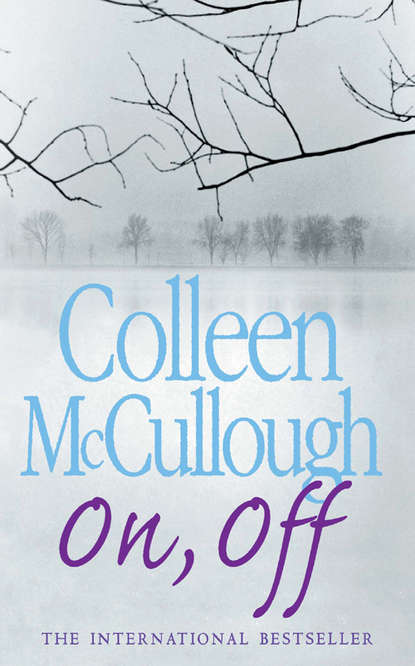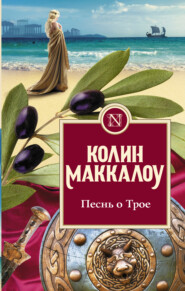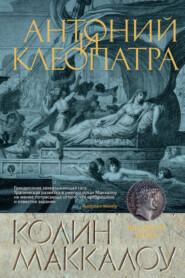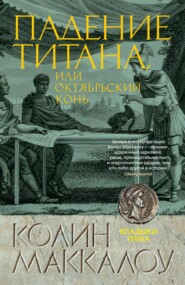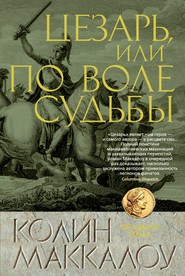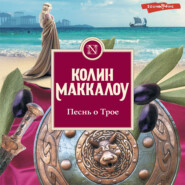По всем вопросам обращайтесь на: info@litportal.ru
(©) 2003-2024.
✖
On, Off
Автор
Год написания книги
2018
Настройки чтения
Размер шрифта
Высота строк
Поля
Chapter Four (#ulink_2276b4bc-c901-565a-864f-c66d3eace8e0)
AS COLUMBUS DAY wasn’t a public holiday, nothing impeded the gathering of the Hughlings Jackson Center for Neurological Research Board of Governors at 11 a.m. in the fourth floor boardroom. Well aware that he hadn’t been invited, Carmine had every intention of sitting in. So he arrived early, took a thin china mug to the hall coffee urn, helped himself to two jelly donuts on a thin china plate, and had the effrontery to sit in the far end chair, which he turned to face the window.
At least “effrontery” was what Miss Desdemona Dupre called it when she strode in to find him curling his tongue sensuously around the Board’s goodies.
“You’re lucky, you know,” was Carmine’s reply. “If the Holloman Hospital architects hadn’t decided to put the parking lot in front of the building, you’d have no view at all. As it is, you can see all the way to Long Island. Isn’t it a beautiful day? The fall is just about at its best, and while I mourn the passing of the elms, you can’t beat maples for color. Their leaves have invented new shades at the warm end of the spectrum.”
“I didn’t realize you had either the words or the science to express yourself!” she snapped, eyes like ice. “You are sitting in the Governor-in-Chief’s chair and partaking of refreshments to which you are not entitled! Kindly pick up your traps and go!”
At which moment the Prof walked in, propped at the sight of Lieutenant Delmonico, and sighed deeply. “Oh, dear, I hadn’t thought of you,” he said to Carmine.
“Whether you like it or not, Professor, I have to be here.”
President Mawson MacIntosh of Chubb University arrived before the Prof could answer, beamed at Carmine and shook him warmly by the hand. “Carmine! I might have known that Silvestri would put you on this,” said M.M., as he was universally known. “I am tremendously cheered. Here, sit next to me. And don’t,” he added in a conspiratorial whisper, “waste your taste buds on the donuts. Try the apple Danish.”
Miss Desdemona Dupre made a small sound of suppressed fury and marched out of the room, colliding with Dean Dowling and his own neurology professor, Frank Watson. He who authored “the Hug” and its staff of “Huggers”.
M.M., whom Carmine knew well from several awkwardly delicate internal Chubb cases, looked far more imposing than that other President, he of the United States of America. M.M. was tall, perfectly dressed, trim in the waist, his handsome face crowned by a head of luxuriant hair whose original auburn had transformed to a wonderful apricot. An American aristocrat to his fingertips. Despite his height, L.B.J. paled to insignificance whenever the two men stood side by side, which they did occasionally. But persons of M.M.’s august lineage would far rather preside over a great university than over an undisciplined bunch of rowdies like Congress.
On the other hand, Dean Wilbur Dowling looked the psychiatrist he was: untidily dressed in a combination of tweed, flannel and a pink bow tie with red polka dots, he wore a bushy brown beard to counterbalance his egg-bald head, and stared at the world through horn-rimmed bifocals.
And on the few times that he had seen Frank Watson, Carmine was always reminded of Boris out of Rocky and Bullwinkle. Watson dressed in black and had a long, thin face whose upper lip bore a lounge-lizard black mustache; sleek black hair and a permanent sneer completed the Boris similarity. Yes, Frank Watson was definitely the kind of person who drank regularly from a cup of vitriol. But surely he wasn’t on the Hug’s Board of Governors?
No, he wasn’t. Watson ended his conversation with the Dean and slithered away with a metaphorical flourish of a black cape he wasn’t wearing. Interesting guy, thought Carmine. I will have to see him.
The five Parson Governors trooped in as a group, and knew better than to query Carmine’s presence when M.M. made a subtly effusive introduction.
“If anyone can get to the bottom of this unspeakable affair, Carmine Delmonico can,” M.M. ended.
“Then I suggest,” said Roger Parson Junior, taking the chair at the end of the table, “that we put ourselves at Lieutenant Delmonico’s disposal. After, that is, he has told us precisely what has happened and what he intends to do in the future.”
The Parson contingent looked so alike that anyone would have picked them as closely related; even the thirty years’ difference in age between the three elderly and two youthful members of the clan made little difference. They were a trifle over medium height, thinly stooped, with long necks, beaky noses, prominent cheekbones, downturned mouths and scant heads of lank, indeterminately brown hair. Their eyes, to a man, were grey-blue. Now M.M. looked like a regal tycoon, whereas the Parsons looked like academic paupers.
Carmine had spent some of his weekend in researching them and the Parson group of companies. William Parson, the founder (and uncle of the present Governor-in-Chief) had started with machine parts and parlayed his holdings until they stretched from motors to turbines, and surgical instruments through typewriters to artillery. The Parson Bank had come into being at exactly the right time to go from strength to strength. William Parson had left it rather late to marry. His wife produced one child, William Junior, who turned out to be mentally retarded and epileptic. The son died in 1945, aged seventeen, and the mother followed in 1946, leaving William Parson alone. His sister, Eugenia, had married and also produced only one child, Richard Spaight, now head of the Parson Bank and a Hug Governor.
William Parson’s brother, Roger, was a drunkard from an early age and absconded in 1943 to California with a sizeable slice of the company profits, abandoning his wife and two sons. The affair was hushed up, the loss absorbed, and both Roger’s boys had proven loyal, devoted and extremely capable heirs for William; their sons came out of the same mold, with the result that in this year of 1965 Parson Products stock had been blue chip for decades. Depressions? Chicken feed! People still drove cars that needed motors, Parson Turbines made diesel turbines and generators long before jet planes flew, girls went on pounding typewriters, surgical operations kept increasing, and countries were always blazing away at each other with Parson guns, howitzers and mortars, big, medium and small.
In an interesting aside, Carmine had discovered that the family black sheep, Roger, having sobered up in California, had founded the Roger’s Ribs chain, married a movie starlet, done very nicely for himself, and died on top of a whore in a seedy motel.
Вы ознакомились с фрагментом книги.
Приобретайте полный текст книги у нашего партнера:
Приобретайте полный текст книги у нашего партнера:





